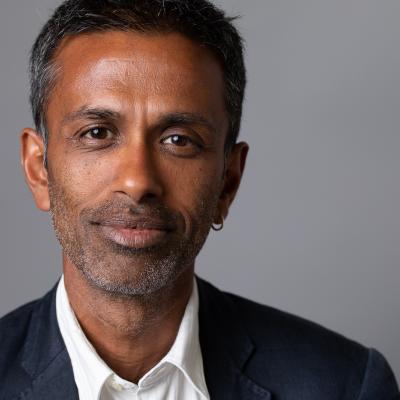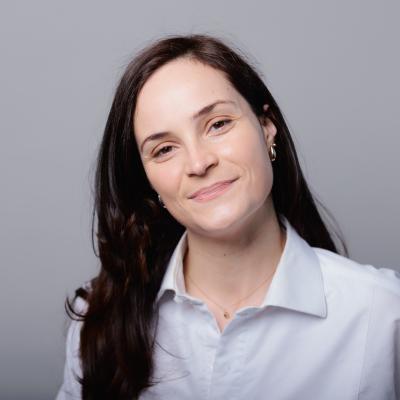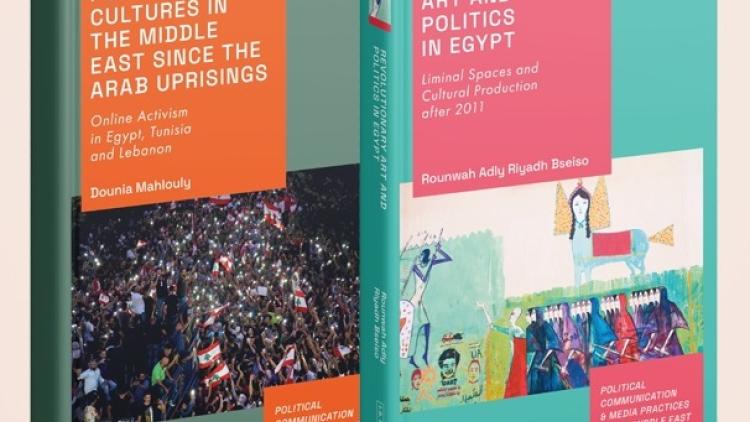MPhil/PhD in Media Studies


Key information
- Duration
- 3 years full-time or 6 years part-time
- Attendance mode
- Full-time or part-time
- Location
- On campus
- Fees
-
Home (full-time): £5,055 per year
International (full-time): £23,390 per year
Course overview
The Department of Media Studies at SOAS offers an exciting doctoral research programme with a number of students working on an exceptionally wide range of topics, both theoretical and empirical, concerned with different aspects of media and digital communication and practices in Asia, Africa and the Middle East.
The programme places emphasis on the acquisition of critical theoretical skills; in-depth regional, political, social and cultural knowledge of global media and digital transformations in these regions and their diasporas; and on original contributions through grounded empirical research. The department encourages a non-Western centric interdisciplinary focus on the relationship between media, digital communication, politics, culture and society that would progress decolonial approaches. As such, the department draws upon expertise across SOAS and encourages students to approach other departments to enhance their experience and knowledge.
The PhD programme is suited to researchers who wish to engage in detailed study of media, political and digital transformations, and cultures in Asia, Africa and the Middle East and to those who wish to combine media and communication studies with other disciplines across the humanities and social sciences.
Our research has already been ranked in the top 20 in the UK in the Research Excellence Framework (REF) 2021, with more than a third of our research publications assessed as four-star (world-leading).
Structure
The research degree has two paths. The first is the standard research route comprising a thesis of original research of 80,000 to 100,000 words. The second is a research stream with a practical component designed for candidates who wish to combine PhD research with practical production. The research will consist of a thesis of 60,000 words with an hour of film/video production (subject to approval).
Students will be registered as a research student in the Department of Media in the School of Anthropology, Gender and Media.
Your research will be guided throughout by a research committee of three staff members, consisting of two supervisors and the postgraduate tutor. Depending on the nature of your research, there are two possible kinds of supervision:
- A primary supervisor, who will be the main person responsible for guiding your research, and a second supervisor with a lesser role, who will provide additional expertise.
- Co-supervision, commonly one supervisor a media and digital communication expert and the other a specialist in the region you are researching.
In the first year, you prepare for research by following an informal MPhil training programme you agree with your supervisor and the research tutor. This will give you a thorough grounding in theory, methods, regional, cultural, linguistic and any special disciplinary expertise you may require for your research.
Recommended courses
- Qualitative Research Methods: this is a course offered to PGT candidates which we recommend you attend.
- Media Department’s Research seminar: a monthly seminar in which scholars and other speakers are invited to discuss their research and output
Further optional elements may consist of specialist disciplinary, language, or regional culture courses, which you and your supervisors agree are useful to your research.
Apart from your formal doctoral research, we encourage you to develop a portfolio, which includes downloaded and scanned materials and smaller projects (individual or collaborative). This may well be important for your future career.
Timetable
In May of the first year, you submit an Upgrade Research Report of 15,000 words, outlining your proposed research questions, empirical background and the theoretical framework that you propose to use.
This is assessed by two academics, usually your first supervisor and second supervisor, with the latter normally from outside the department. Upon successful completion of the Upgrade Report, you are formally upgraded to PhD status and will proceed to the research and fieldwork phase, which normally lasts up to a year. If the assessors consider there to be shortcomings in your report, you will be asked to revise it to their satisfaction before you can proceed to research.
You usually spend the second year engaged in research and the third year is devoted to writing up your research for your PhD thesis.
Your thesis will be examined by two leading experts in the field of media and communication, one of which will be internal to the University of London. The external examiner is always a scholar from outside the University of London.
If you are studying part time, you can take any suggested courses in your first year and write your Research Report in the second year. The length of time for field or other research, and writing up, is adjusted accordingly.
Module availability
The information on the website reflects the intended programme structure against the given academic session. The modules are indicative options of the content students can expect and are/have been previously taught as part of these programmes.
However, this information is published a long time in advance of enrolment and module content and availability is subject to change.
Employment
Graduates gain expertise in media, communications theories and practices with a special focus on the Global South. You will develop skills including communication skills, interpersonal skills and team work, which are highly respected by employers. Recent graduates have been hired by:
- Africa Mediaworks Ltd.
- Al Jazeera
- Associated Press
- BBC
- Discovery Communications
- Equality Now
- Huawei
- Internews Europe
Find out about our Careers Service.





